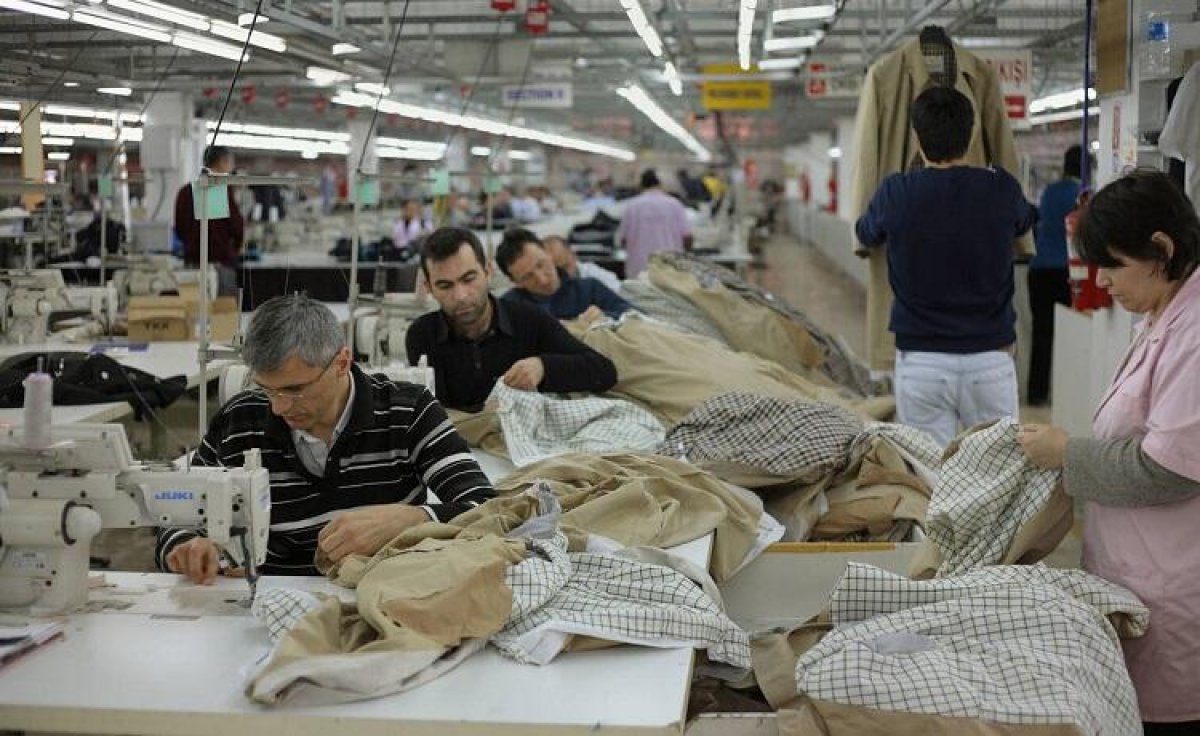Turkey’s Purchasing Managers’ Index (PMI) for the manufacturing sector stood at 52.8 in September, signaling a sustained improvement in business conditions.
The figure was down from 54.3 in August, according to the Istanbul Chamber of Industry report prepared in cooperation with London-based global data firm IHS Markit.
SECTOR IS SEEN AS AN IMPORTANT GAUGE IN TRACKING THE HEALTH OF THE SECTOR
As standing above 50.0 or no-change level, the PMI indicated the recovery from the downturn caused by the coronavirus pandemic continued for the fourth consecutive month.
Turkey’s PMI for the manufacturing sector is seen as an important gauge in tracking the health of the sector, with values below 50 points showing contraction while those above indicate expansion. Improvement in demand softened in September compared to the previous month, but resulted in further expansions in output and new orders.

The report underlined that the employment had posted the sharpest rise since February 2018 as companies responded to higher new orders. “This expansion in capacity, allied with slower new business growth, enabled firms to reduce backlogs of work,” read the report.
Turkey: Manufacturing PMI at 52.8 in September
– More rises in output, new orders lead firms to take on extra staff at fastest pace since February 2018, joint survey shows
By Tuba Sahin
ANKARA (AA) – Turkey’s Purchasing Managers’ Index (PMI) for the manufacturing sector stood at 52.8 in September, signaling a sustained improvement in business conditions.
The figure was down from 54.3 in August, according to the Istanbul Chamber of Industry report prepared in cooperation with London-based global data firm IHS Markit.
As standing above 50.0 or no-change level, the PMI indicated the recovery from the downturn caused by the coronavirus pandemic continued for the fourth consecutive month.
Turkey’s PMI for the manufacturing sector is seen as an important gauge in tracking the health of the sector, with values below 50 points showing contraction while those above indicate expansion.
Improvement in demand softened in September compared to the previous month, but resulted in further expansions in output and new orders.
The report underlined that the employment had posted the sharpest rise since February 2018 as companies responded to higher new orders.
“This expansion in capacity, allied with slower new business growth, enabled firms to reduce backlogs of work,” read the report.
Higher new orders and production requirements spurred purchasing activity for the fourth month running in September.
It highlighted that rates of both input cost and output price inflation accelerated further amid currency weakness.
On a more positive note, some firms indicated that a weaker currency had aided their competitiveness in export markets.












